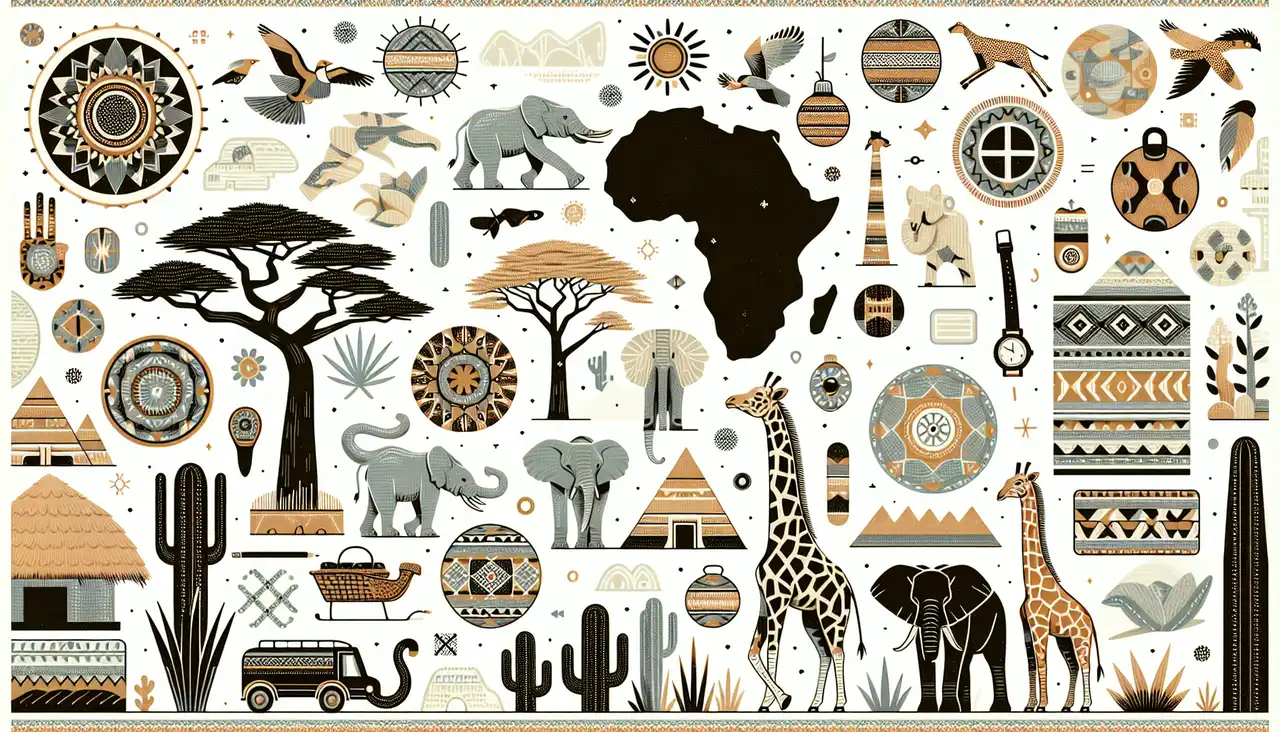

Mouhamadou Lamine Diallo
Well-versed in the complexities of African languages and digital humanities, Mouhamadou Lamine Diallo is a distinguished lecturer at Boston University, where he specializes in teaching the Wolof language. A native speaker of both Pular and Wolof, Diallo has an extensive teaching background that includes positions at Harvard University and Suffolk University. His unique expertise makes him the only instructor in North America qualified to teach Wolof in both Latin and Ajami scripts, a testament to his dedication to language preservation and education. Diallo's academic pursuits extend beyond language instruction; he is deeply involved in digital humanities research. His work in this field is exemplified by his leadership in the digital preservation of over 1000 pages of Fuuta Jalon Ajami texts. These texts are now part of the African Ajami Library at Boston University, a project that underscores his commitment to safeguarding and promoting African linguistic heritage. His research interests are centered around the African Ajami Library, digital humanities, and language preservation. Diallo's efforts in these areas contribute significantly to the understanding and appreciation of African languages and cultures, particularly through the lens of digital technology. In addition to his teaching and research, Diallo is an advocate for the integration of traditional and modern methods in language education. His innovative approach not only enriches the learning experience for his students but also ensures the continued relevance and vitality of African languages in the digital age. Through his work, Mouhamadou Lamine Diallo continues to make a profound impact on the fields of language education and digital humanities, fostering a deeper appreciation for the rich linguistic and cultural tapestry of Africa. His contributions are invaluable to both academic communities and the broader efforts to preserve and celebrate African heritage.
Publications
, 2992-3002, 2023-03-12
, 153, 2020-02-15